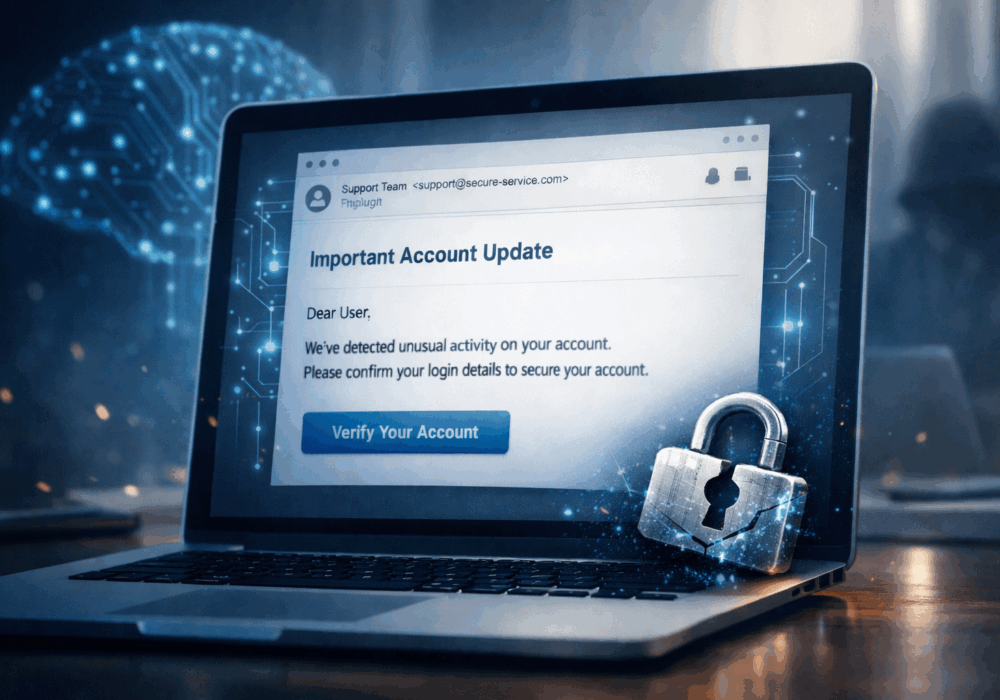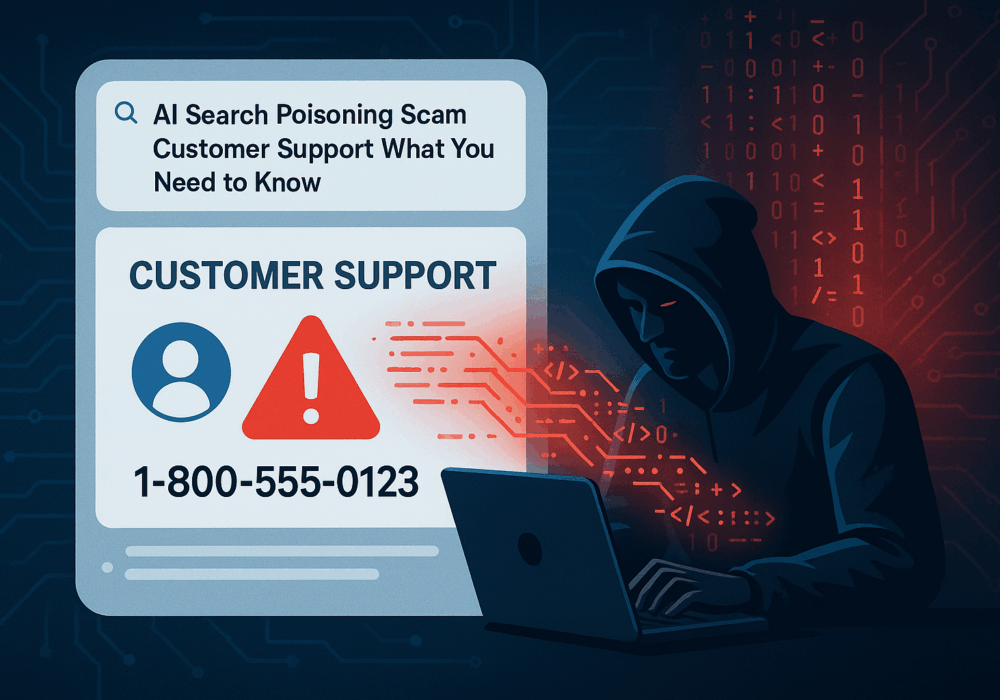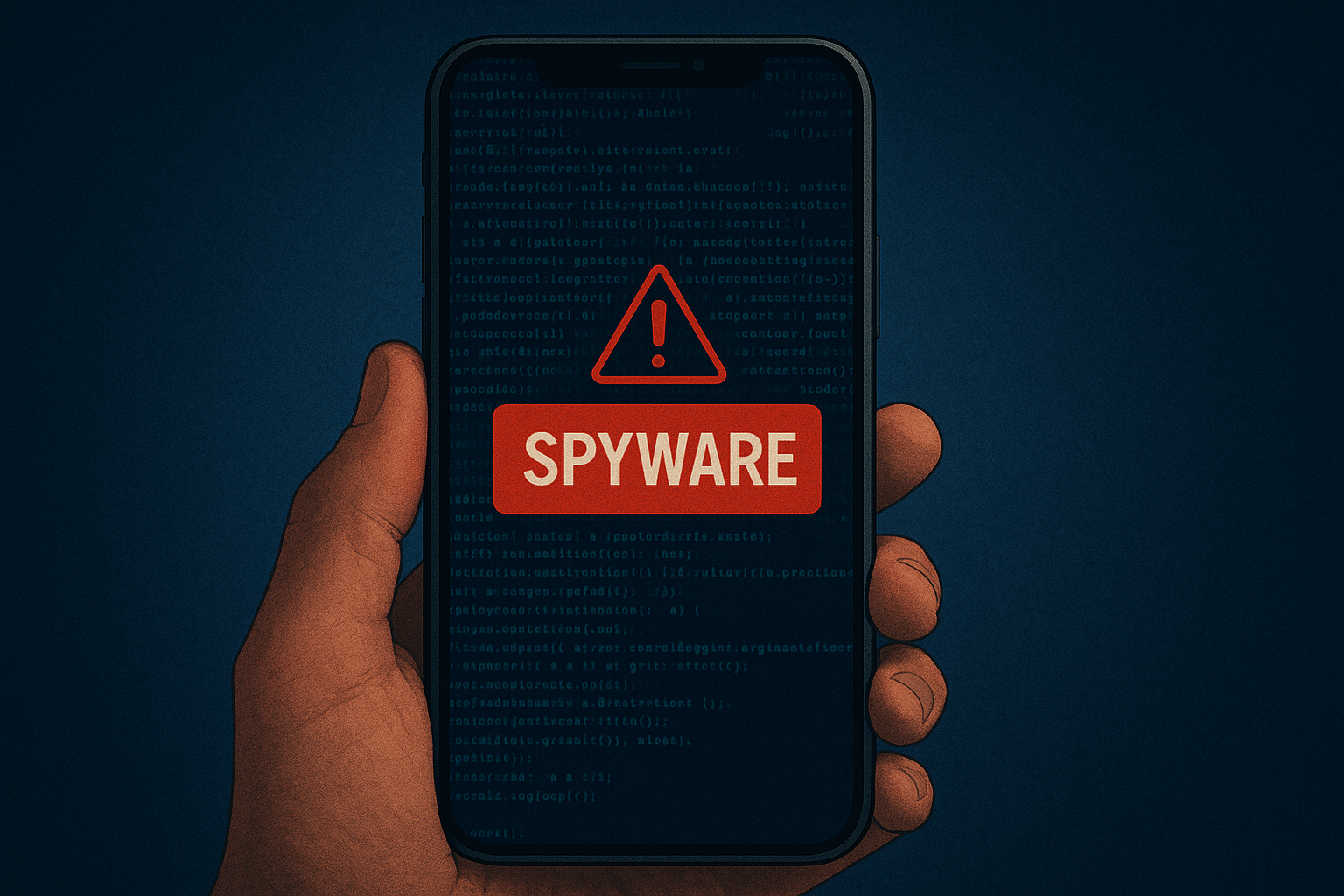
A failure is the inability of a system or component to perform its required functions within specified performance requirements. For example, a computer shutting down unexpectedly would be considered a failure.
If you own a business, you need to be doing these basic things to protect your sensitive information:
Most of these recommendations are built into CyberHoot. With CyberHoot you can govern, train, assess, and test your employees. Visit CyberHoot.com and sign up for our services today. At the very least continue to learn by enrolling in our monthly Cybersecurity newsletters to stay on top of current cybersecurity updates.
Source: NCSD Glossary
Discover and share the latest cybersecurity trends, tips and best practices – alongside new threats to watch out for.

Phishing emails used to be easy to spot. Bad grammar. Weird links. Obvious scams. Those days are...
Read more
Cybercriminals always follow Internet eyeballs. Not literally, but figuratively. And today's eyeballs are...
Read more
Active Attacks on Messaging Apps The Cybersecurity and Infrastructure Security Agency (CISA) recently issued...
Read moreGet sharper eyes on human risks, with the positive approach that beats traditional phish testing.
